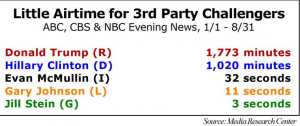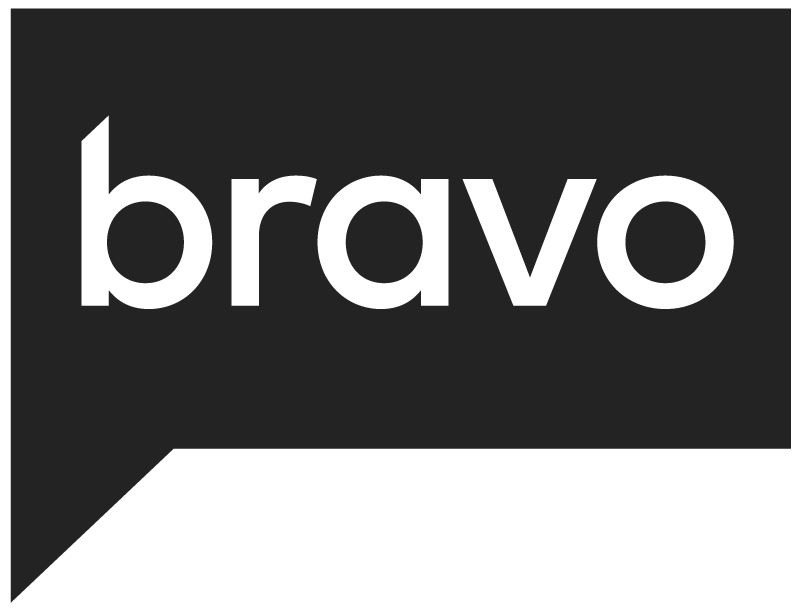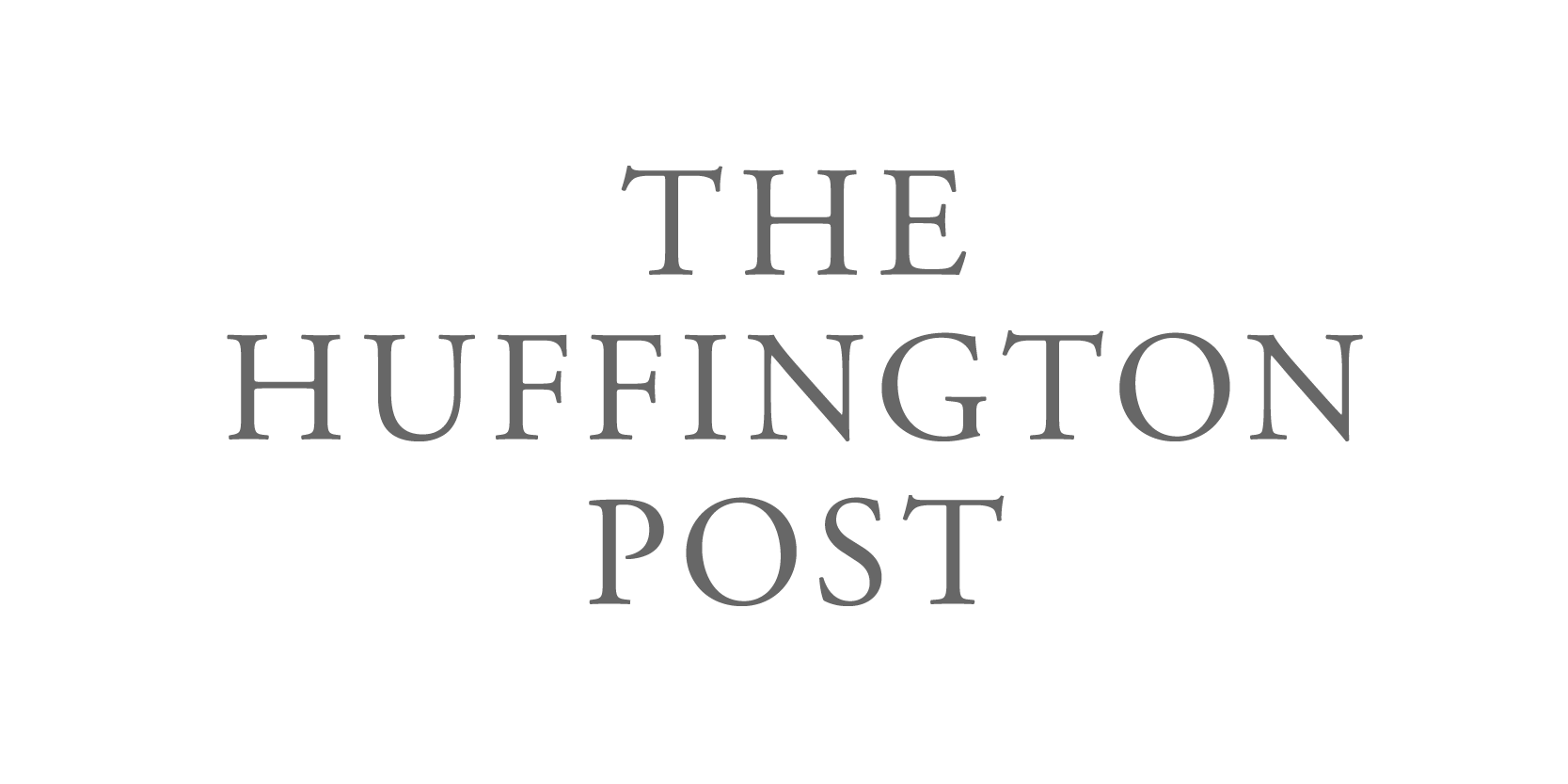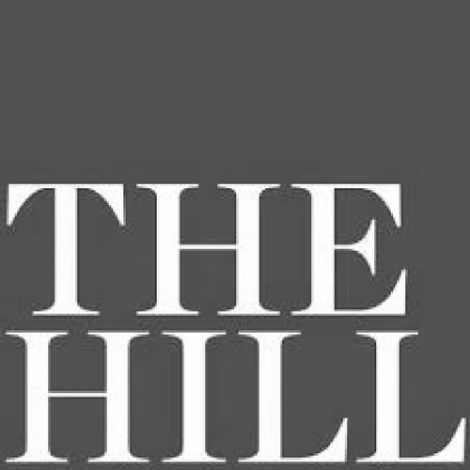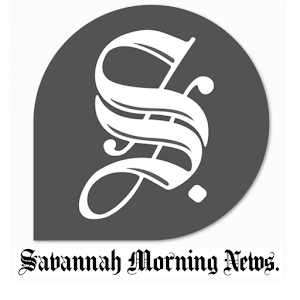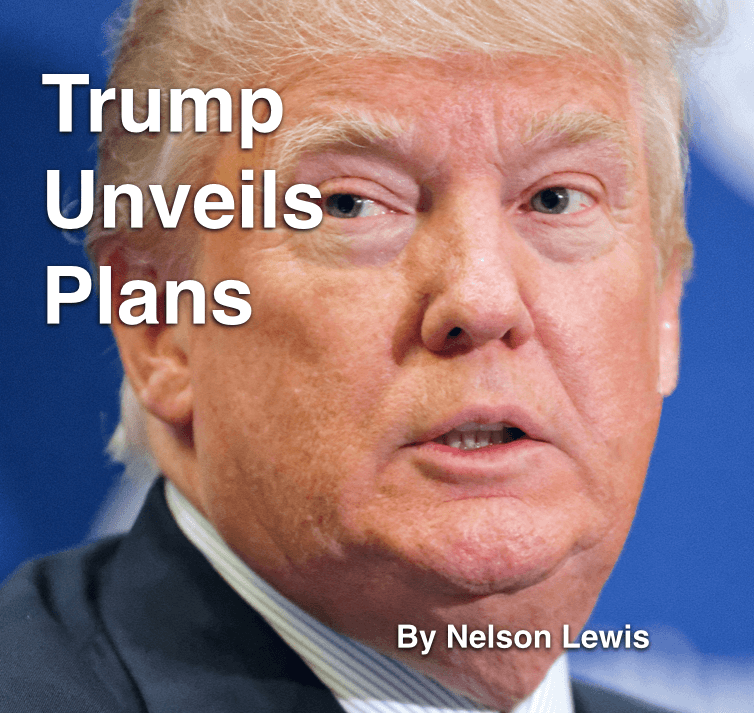
Trump Unveils Plans
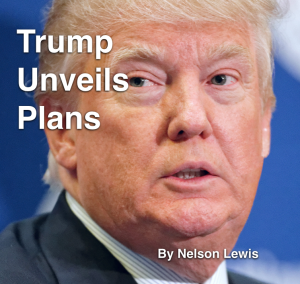 In a speech he plans on delivering tonight in Ohio, Donald Trump will focus on what he calls “foreign policy realism”, arguing that the country needs to destroy extremist groups such as Daesh and work with anybody who shares that mission, regardless of their ideological and strategic differences. While you can’t choose your friends, Trump insists that you need to recognize your enemies. This comes after Clinton’s campaign slammed Trump’s campaign manager for ties to Russia, alleging that he received $12.7 million from Ukraine’s former pro-Russian president.
In a speech he plans on delivering tonight in Ohio, Donald Trump will focus on what he calls “foreign policy realism”, arguing that the country needs to destroy extremist groups such as Daesh and work with anybody who shares that mission, regardless of their ideological and strategic differences. While you can’t choose your friends, Trump insists that you need to recognize your enemies. This comes after Clinton’s campaign slammed Trump’s campaign manager for ties to Russia, alleging that he received $12.7 million from Ukraine’s former pro-Russian president.
Trump will also be expected to outline a new immigration policy proposal, under which the US wouldn’t issue visas whenever they couldn’t perform adequate screenings. This will be the latest version of a policy that started with Trump calling to ban Muslims from entering the US late last year. In the aftermath of what happened in Orlando earlier in the year, Trump introduced a new standard, temporarily suspending visas to regions with a history of exporting terrorism. He’s proposed a new “ideological test” for admission into the country, which would use questionnaires, social media and interview friends and family members of candidates to see where their political views lie. The candidates, he insisted, would be vetted to see whether or not they support values such as tolerance and pluralism.
In the speech, Trump is also expected to call for a declaration that the United States is at war with radical Islam. This goes against what Clinton and top US officials have advised, saying that such language plays into the hands of political militants. While Trump has gone under fire for not giving a straight answer about his political views, this speech is expected to remedy that, especially as Trump has faced criticism for some more controversial remarks. Trump has blamed the media for much of this criticism, saying that they chose to focus on his smaller statements as opposed to his ideas on policy.
If you’d like to learn more, you can click here!
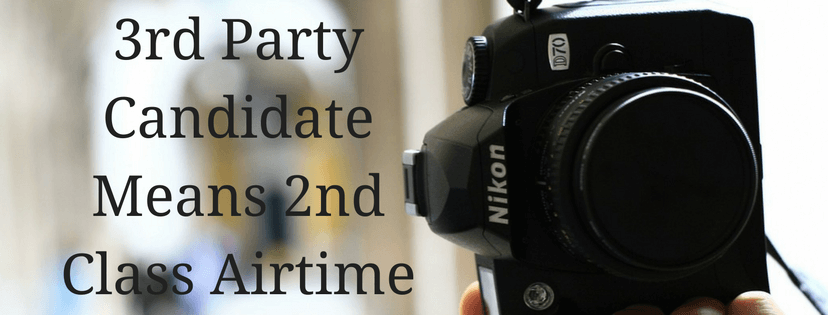
3rd Party Candidate Means 2nd Class Airtime
This presidential election is characterized by polarizing opinion, widespread disappointment, and a mutual reluctance to take responsibility for past actions. Both Republicans and Democrats alike give a collective shake of the head and sigh of resignation while watching how the next president will come to power, yet parties other than the Republican and Democratic platforms remain neglected.
Despite this being one of the most unpopular presidential elections in the last fifty years (if not the most unpopular), third party candidates still receive next to no attention from mainstream media. In fact, according to a new study by Media Research Center, “channels such as CBS, NBC, and ABC only dedicated 0.03% of airtime to talking about anyone outside of the Republican and Democrat parties.”
Of 1,713 campaign stories on ABC, CBS, and NBC evening newscasts from January 1st to August 31st, Trump received the most airtime with 1,773 minutes. Clinton received significantly less—1,020 minutes. What about Gary Johnson? What about Evan McMullin? Jill Stein?
Gary Johnson received 5,000 times less than Clinton. 9,000 times less than Donald Trump. He was blessed a with measly 11 seconds of evening news time over the last eight months. Evan McMullin racked up a pitiful 32 seconds, and Jill Stein received the least attention with just a fraction of the time of even Gary Johnson at 3 seconds. Take a better look below:
It’s understandable, of course, that primary candidates receive the public’s primary attention. Yet, considering the scope of disapproval and discontent this presidential election has inspired, it may prove (or would have proven) beneficial if Evan McMullin, Gary Johnson, or Jill Stein were given more, maybe not equal, but more time to address the public at large—to explain their nuanced platforms and potentially connect with a formerly undecided (or currently upset) voter.
When Gary Johnson supporters are doing what they can to get him on a show like Saturday Night Live because he can’t get the time he needs on news broadcasts, it may be time to take a step back and reevaluate who is getting attention when and for how long. As this election has undoubtedly demonstrated in many ways, it’s high time to take a look in the mirror.
About Nelson Lewis
An exposure to politics at a young age had a profound effect on media maven Nelson Lewis, who worked as a volunteer for numerous Republican politicians in and around his native Savannah. Nelson worked as a reporter and eventually anchor at two Savannah television stations growing up, WJCL ABC-22 and WTGS FOX-28, also recording voice teasers for airing on Fridays on WJCL-FM KIX 96 and previewing his upcoming stories, which aired on the Sunday evening news.
One of Nelson’s favorite experiences at WJCL was reporting live from the St. Patrick’s Day Parade (America’s second largest) from 1998-2000. Continuing in the spirit of his grandfather’s pioneering and trailblazing footsteps (he was the first to bring all-color television and stereo to the Savannah market), Nelson became the first person in Savannah market to bring a kid’s perspective to local news as its first youth reporter. In fact, one of the competing stations, WSAV NBC-3 hired their own youth reporter, Sean Champion, 18 months after Nelson began his reports and WJCL/TGS’s ratings dramatically increased.
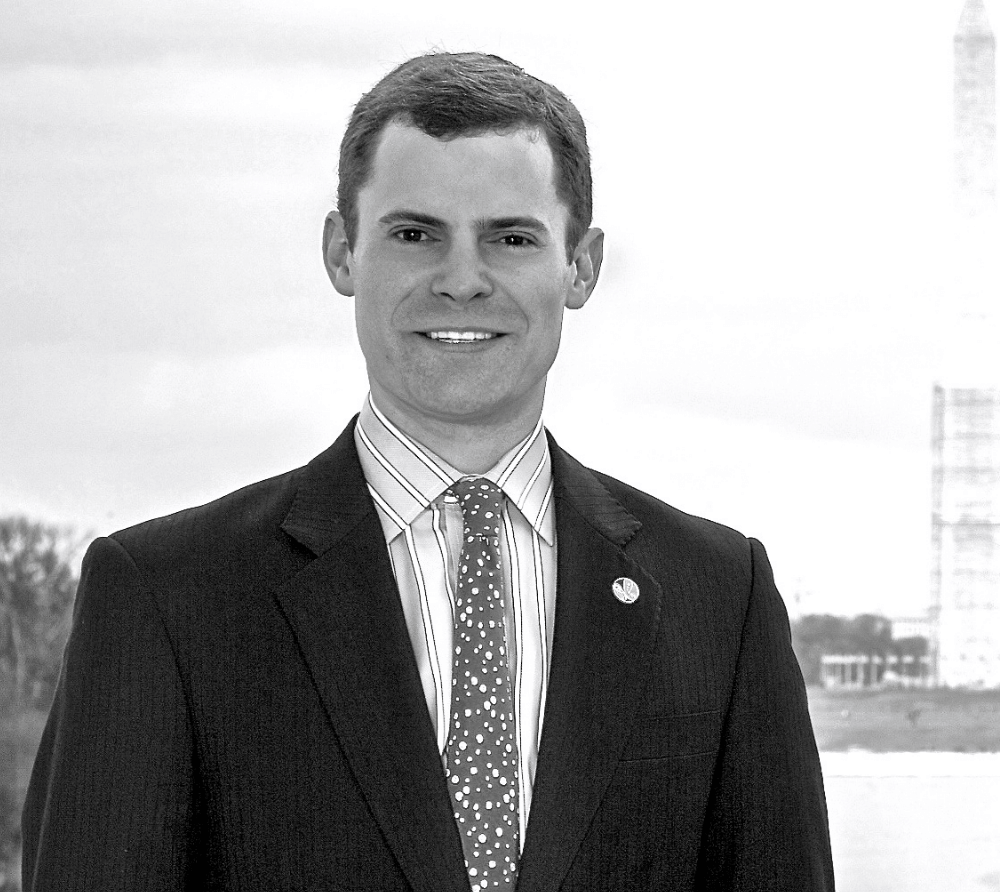
Work In Political Media
While a sophomore and junior at Lynn University, Nelson Lewis hosted “Politijam”, a lively political debate show that became well known across the university campus and served as the media editor of the univeristy’s weekly EPulse newspaper. While at Lynn, Nelson was selected to represent the entire undergraduate student population as a member of Lynn University’s Academic Task Force, charged with the duty of streamlining the core curriculum of the universities.
While attending Lynn’s College of International Communication, Nelson developed a friendship with Irving R. Levine, a well-known and nationally recognized correspondent for NBC News who became the network’s first full time economics correspondent, and was the creator of the precursor to CNBC. After a 45-year career in journalism, Levine went on to become Dean of Lynn’s communication program. After finishing college, Nelson Lewis followed Levine’s suggestion and moved to Washington, DC where his first job was as a press intern for a Republican congressman, which then led to a job booking at the Fox News Channel from 2006-2010. Here, he was able to put his love of politics and interest in the Republican Party to good use.
Upon the suggestion of Mr. Levine, Nelson Lewis enrolled in the Masters of Professional Studies in Journalism (International Politics) program at Georgetown University in 2009, where a special emphasis was placed on the dissolution of America’s Fairness Doctrine and on the major player in its demise, Bruce Fein.
Nelson was honored to be invited to speak at a roast honoring Levine’s 2009 death at the National Press Club, where he spoke alongside Levine family members and contemporaries such as former Meet the Press Moderator Marvin Kalb. He subsequently wrote a letter to the editor published in The Hill newspaper eulogizing Levine as a “top-notch raconteur” who many others have tried to emulate.
From his work at Fox News, Nelson Lewis was able to take a firsthand role in the DC journalism scene, and was blessed with the opportunity of meeting entertainment, political, and academic luminaries on a daily basis, including numerous sitting and former representatives, senators, governors and cabinet secretaries. These unique experiences gave Nelson a front row seat to many historic events and gave him a firsthand experience of how the Washington system works, from how laws are created to how news is made.
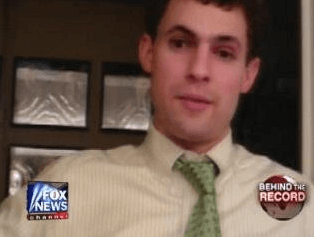
Through Nelson Lewis’ work creating Her Golf Network, coupled with his extensive booking experiences in segment producing gained at America’s highest rated cable news channel and through his time performing key internships at places such as WPBT’s Nightly Business Report in Miami, where he honed his scriptwriting skills, and at WTOC in Savannah, where he provided copyediting and on-site production assistance at the 2004 Sea Island G-8 summit, have provided him with a solid foundation and understanding of the news business. His time as a reporter/anchor growing up prior to his undergraduate studies helped him get an early start at doing what he loves most, reporting.
